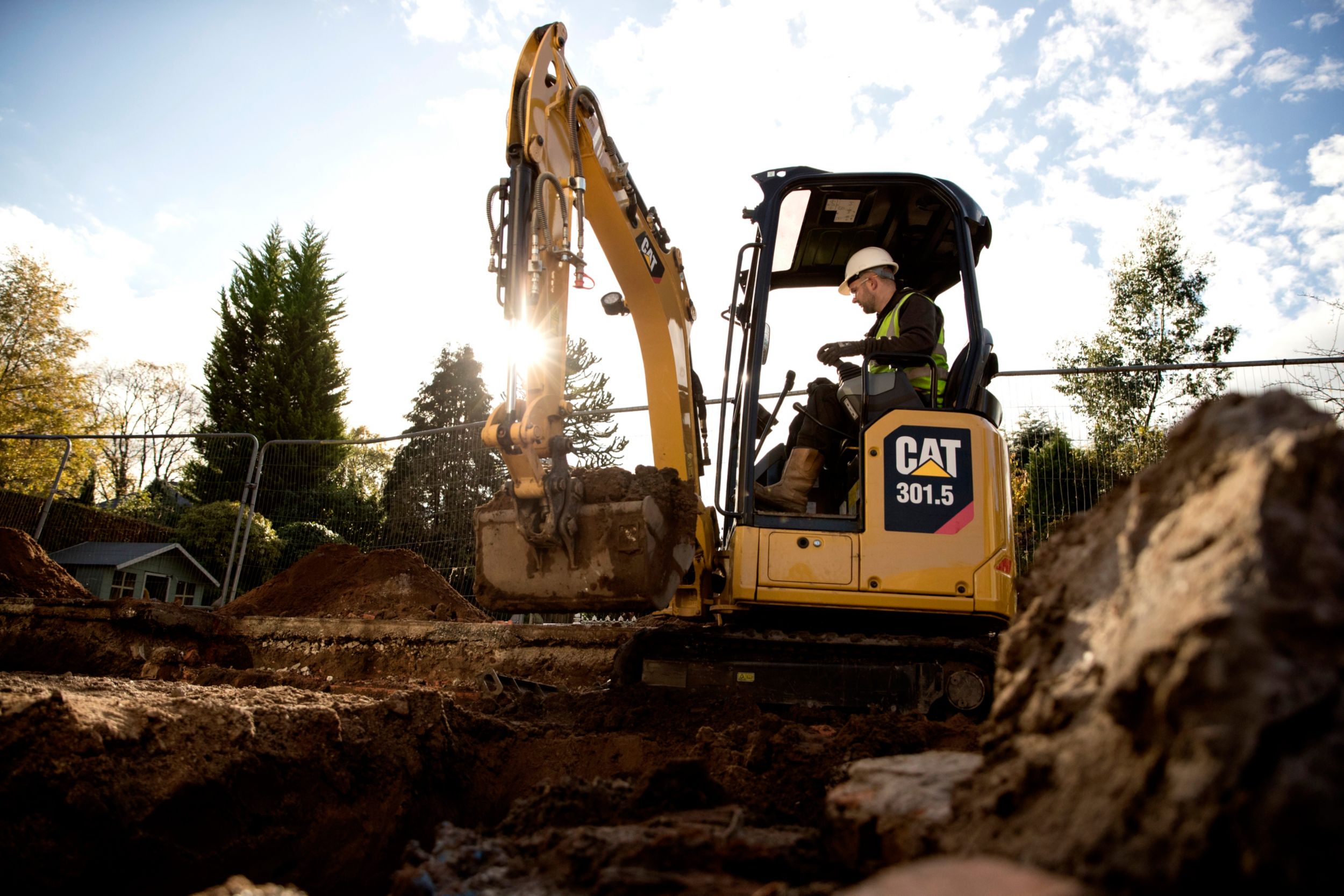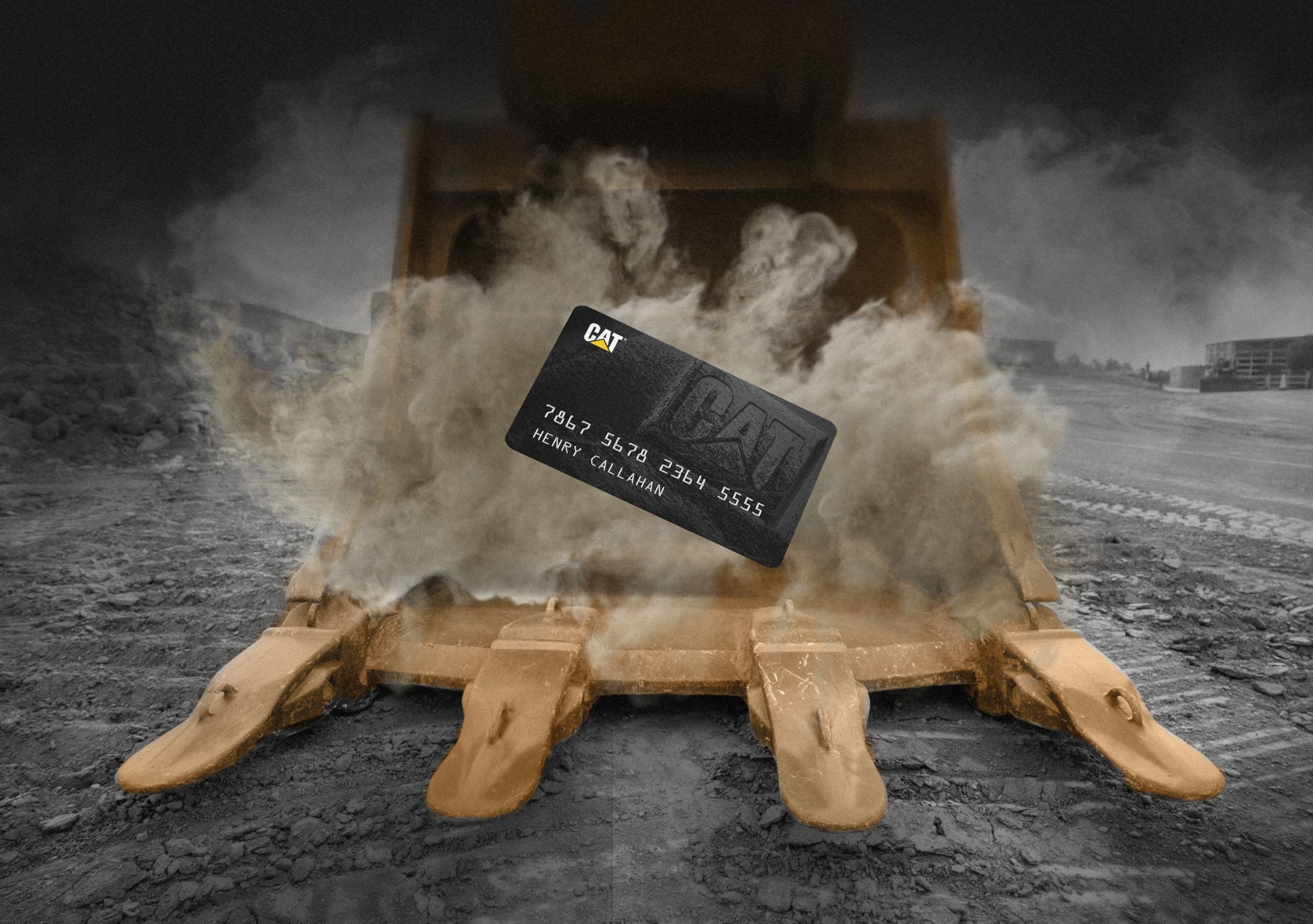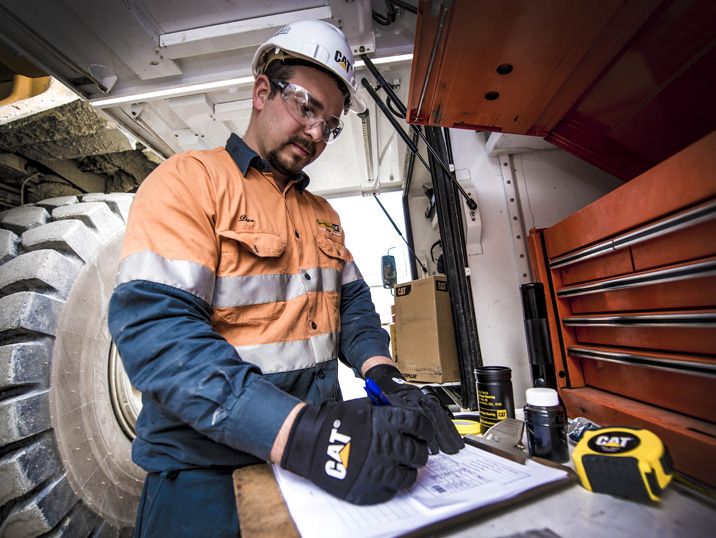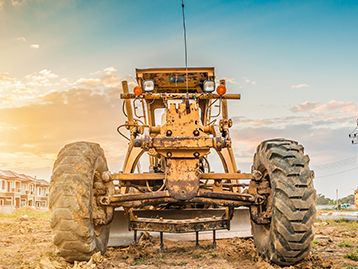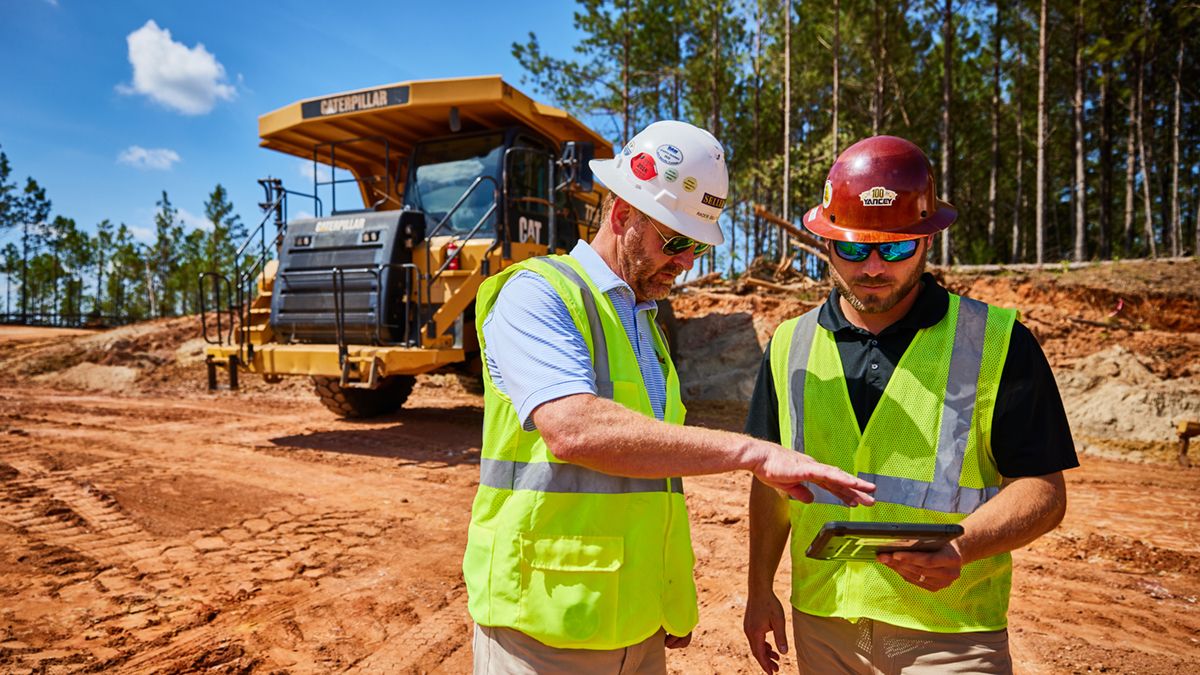If you already have an existing account with another Cat App, you can use the same account to sign in here.
One Account. All of Cat.
Your Caterpillar account is the single account you use to log in to select services and applications we offer. Shop for parts and machines online, manage your fleet, go mobile, and more.
Account Information
Site Settings
Security
The Truth About Renting
(Part 1)
Equipment rental is often the most cost effective option for your operation. In this article, we will review 5 things you need to think about before you sign your rental agreement.
Your business needs heavy equipment to make successful bids on attractive jobs, so you can grow and ultimately succeed. You have plenty of options for acquiring the machinery you need, with renting one of the most common. If you choose to rent, there’s a lot to consider.
Let’s take a look at the first five things you need to know about heavy equipment rental, with a focus on assessing your project, current financial situation and anticipated equipment needs.
Uncover the Key to Renting Machinery
1. Your dealer is willing to work with you - if you have the right info
Equipment dealers have to work with a wide variety of business owners on a number of requests, terms and conditions on a regular basis. Because there’s so much room for variation, from the type of equipment a renter needs to how long they expect to use it and specific configuration requirements, there’s considerable flexibility in terms of the final rental agreement. That’s a major advantage for your business, because it means you have a partner who is willing to listen, suggest alternatives and respond to questions and requests.
That said, you have to arrive prepared for a major conversation with your dealer. Having critical information about your project helps them see exactly what your objective is, your available budget, how long you plan to take to reach it and the specific heavy equipment you need to do the necessary work. Keep this vital info on hand every time you speak with your dealer. If you don’t, they won’t have what they need to help your business make the best rental decision possible.
2. Plan ahead for success
You need to have a detailed plan for why you want to rent equipment, whether it’s for a few days or many months, one dedicated job or a wide variety.
An estimate of the total number of hours for which you plan to use your rented heavy equipment is one of the foundational pieces of information needed for a successful rental agreement. We’ll help you create that in part two of this series. You should also have relevant job details related to how you’ll use the equipment on hand. This information helps your dealer identify the best possible option for your needs and budget. They can recommend different equipment, configurations and other options to ultimately give you the tools you need in the most efficient way possible. Make sure you arrive at your dealer prepared to start things off on the right foot.
3. Know what you need
You know the details of an upcoming job better than anyone else. Put together a list of the heavy equipment you think you need as well as any necessary configurations for each piece of machinery before you visit your dealer. This can help you and your dealer drill down to the more critical and specific parts of the negotiation. Additionally, your dealer can review your plans and help you identify alternative approaches that could save you money or make your workflows more efficient.
4. Make a long-term financial plan
How will this rental impact your business from a financial perspective? Do you have enough money coming in to confidently handle this new expense as well as your existing ones? For many small-business owners in your position, the answer to these questions is yes. However, it’s far better to be sure about your financial stability and know how you can pay for your rental agreement before you talk to your dealer. A look at your finances and past rentals may also encourage you to seek out other options from your dealer, like a lease or rental purchase option.
5. Have a budget on hand
Affordability is a critical factor in renting heavy equipment. A deal that’s too costly for your budget won’t work for you or your dealer. To avoid this kind of complication, have a strong handle on your financials and a budget range in mind as you start negotiations. Recognizing a large gulf between the amount of money you can spend and the total cost of the equipment early on means it’s easier to adjust, talk to your dealer about alternatives and find one that works for you.
In part two of this series, you’ll put your prep work into practice to close the best deal. We’ll cover the three core components of a rental agreement - hours, configuration and location - and share two key negotiation tips.
Additional Articles
Find in-depth articles to answer your questions about construction equipment financing, and expert tips to help you navigate today's economy as a successful business.
-
2020-01-01 The Basics of a Profitability Review
January 01, 2020
Learn More -
2019-10-31 Protect Your Livelihood by Protecting Your Equipment
October 31, 2019
Learn More -
2020-02-05 The Benefits of Equipment Donation
February 05, 2020
Learn More -
2022-10-03 Should You Repair, Rebuild or Replace Cat® Equipment?
October 03, 2022
COMPARE YOUR OPTIONS


